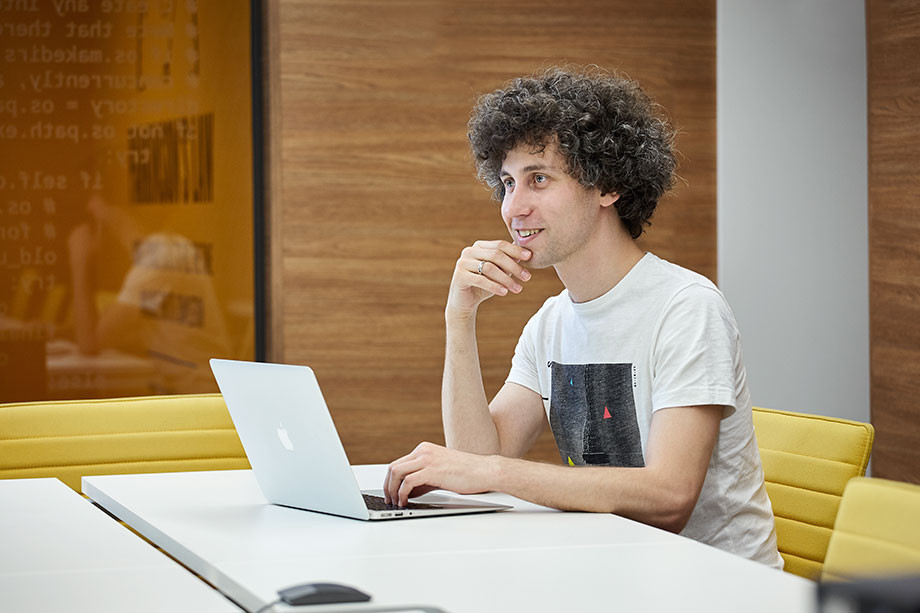Haiqu, a startup building software to enhance the performance of quantum processors, announced it has closed a $4M financing round led by MaC Venture Capital, with participation from Toyota Ventures, SOMA capital, u.ventures, SID Venture Partners, and Roosh Ventures. The round also included private contributions from Paul Holland, Alexi Kirilenko, and Gordy Holterman.
“We are accelerating the timeline to practical quantum computing by developing novel software that can extract value out of clumsy near-term quantum hardware, enabling quantum applications that were previously impossible,” said Richard Givhan, co-founder and CEO at Haiqu. “We are proud to be backed by investors with remarkable deep-tech ecosystems and a track record of supporting the commercialization of breakthrough tech.”
The investment will drive the company’s research and development efforts and the establishment of strategic partnerships to bring their product to market.
“MaC is thrilled to be supporting Haiqu through their next stage of growth,” said Adrian Fenty, Managing General Partner at MaC Venture Capital.
“We firmly believe that the future of quantum computing will fundamentally change the way we are able to solve meaningful problems. We hold deep convictions that Richard and Mykola are uniquely positioned to tackle these issues in order to accelerate the timeline that will enable quantum to get to widespread commercial adoption.”
“We’ve been watching the quantum computing space for years, but the hardware and hype has kept us just watching,” said Jim Adler, founder and general partner at Toyota Ventures. “Haiqu caught our attention with their optimization software that boosts quantum hardware to solve practical industry problems. We are so thrilled to support the Haiqu team as they tackle this challenging and exciting frontier.”
The startup was formed and incubated in the fall of 2022 within the Creative Destruction Lab Quantum stream in Toronto by Richard Givhan (CEO), a Stanford alum and former EIR at Mitsubishi Electric, and Mykola Maksymenko (CTO), formerly a researcher at the Max Planck Society and the Weizmann Institute of Science and head of R&D at global consultancy SoftServe Inc.
Haiqu addresses the foundational bottlenecks precluding the adoption of quantum applications: a limited number of qubits and the high noise sensitivity of near-term quantum processors. The startup develops platform-agnostic technology that extends quantum hardware capability by orders of magnitude and enables a broader set of practical use-cases in finance, chemistry, life sciences, mobility and other domains.
“We leverage our expertise in quantum complexity, AI, and high-performance computing to create a product that we believe can streamline the entire industry,” said Mykola Maksymenko, co-founder and CTO at Haiqu. “With past experience in building and scaling deep tech R&D in large corporations, we appreciate the challenges of bringing a complex technology to market. We are eager to get our tech into the hands of users as soon as possible.”
Having started as a remote collaboration of co-founders, Haiqu is growing globally via a distributed team spanning the United States, Ukraine, Canada, Germany, and Switzerland. Given the scarcity of quantum talent, this provides the startup access to some of the world’s leading talent pools in quantum and software engineering.






